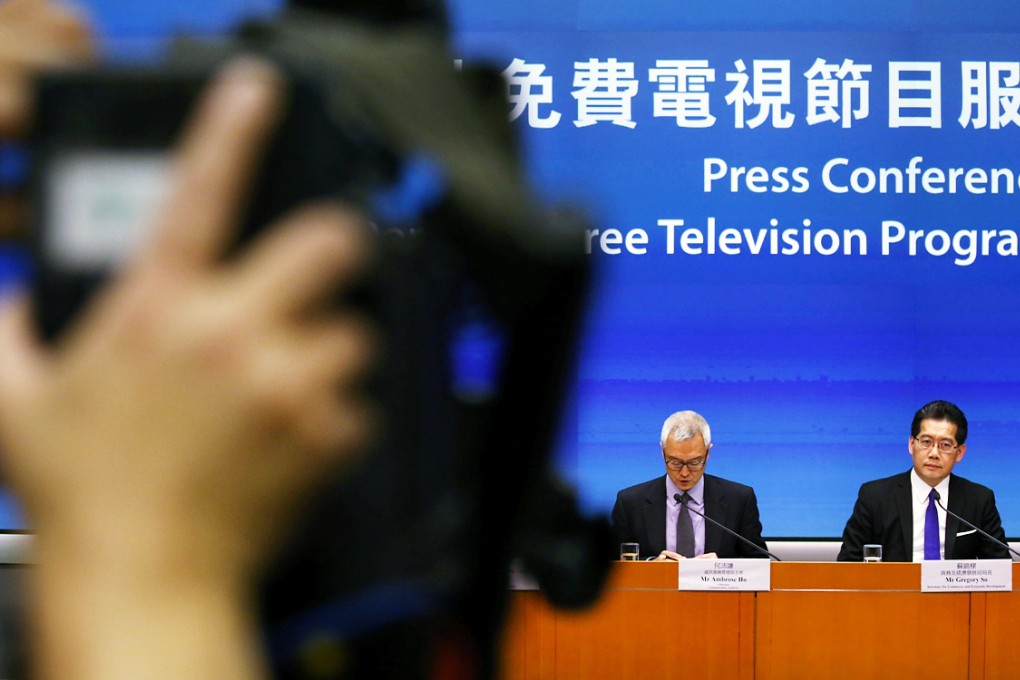City Beat | Hong Kong television war won't be fought in the city alone
City's media players, like other industries, need to look to the mainland and beyond for growth

Has Hong Kong entered an era of television war? The apparent answer is yes. But the battlefield for this war will not be confined to the city - it must have a northern dimension as well, otherwise there will be little point in existing operators and newcomers fighting among themselves.
This was widely seen as the reason the city's leading television station, TVB, turned to a mainland partner for the very first time, bringing in Li Ruigang, founder and chairman of CMC Capital and chairman of Shanghai Media Group. TVB management has made it clear that it is looking to use Li's mainland and global connections to help the Hong Kong station go global.
The fact that even the industry's "big brother" feels an urgent need to look beyond Hong Kong and bring in a partner like Li speaks volumes. But unfortunately that - and repeated assurances from TVB - could not stop the usual critics from questioning whether 46-year-old Li, dubbed "China's Rupert Murdoch", would affect the editorial direction of TVB programmes, especially news production.
In today's Hong Kong, it is hard to avoid any issue being politicised. But one issue being missed is this: what will the main stage be for Li and TVB after the deal is sealed?
A source familiar with the deal told the that Li had jokingly told TVB management: "Hong Kong does not need me because you are all here; I'll mainly focus on expanding into markets outside Hong Kong."
It may not ease the concerns of some of those suspicious critics. But Li's remarks also convey another message that should not be ignored: Hong Kong could be too small a market for Li, a man whose business empire spans television, films, e-commerce and managing sporting talent.
Of course there are considerable policy obstacles for Hong Kong media seeking to get more access to the mainland market; that's especially so for television operators, who need official "landing rights" before any programme can be broadcast across the border.

